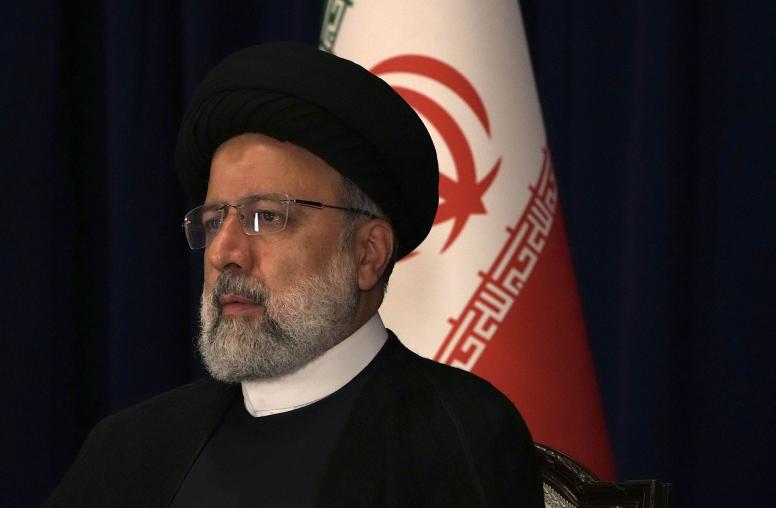Negotiating with the Islamic Republic of Iran: Raising the Chances for Success
Iran and the United States have been in confrontation—a state of "no war, no peace"—for almost three decades, a period that has seen limited contact and little mutual understanding. In the context of the current heightened tensions between the two countries, there are increasing calls from both sides for diplomatic approaches—calls that have served to sharpen the debate in American policymaking circles over the efficacy and utility of negotiations with Iran. As the nation contemplates ways to address the U.S.-Iranian crisis and whether to negotiate with Iran, the question of how to negotiate with Iran has been largely overlooked.
This event will explore lessons outlined in a newly-published USIP Special Report entitled "Negotiating with the Islamic Republic of Iran: Raising the Chances for Success—Fifteen Points to Remember" by Ambassador John Limbert. The report presents initial findings of a USIP-funded study of Iranian negotiating behavior undertaken by Amb. Limbert and is part of the Institute’s ongoing Cross-Cultural Negotiation Project.
Archived Audio
To listen to audio or to view video, please click on the links provided below. You also can right click on the links and choose "Save Target As" or "Download Linked File." This will save the file to your computer and then allow you to play it in your media player directly. More Audio Help.
- Listen to the audio from this event.
2:00:11 - 22MB
Speakers
- Ambassador John Limbert
Distinguished Professor, United States Naval Academy - Ellen Laipson
President and CEO, Stimson Center - Michael Rubin
Resident Scholar, American Enterprise Institute - Mohebat Ahdiyyih
Senior Iran Analyst, Open Source Center - Richard Solomon, Introduction
President, U.S. Institute of Peace - Steve Riskin, Moderator
Senior Program Officer, USIP Grant and Fellowship Program



